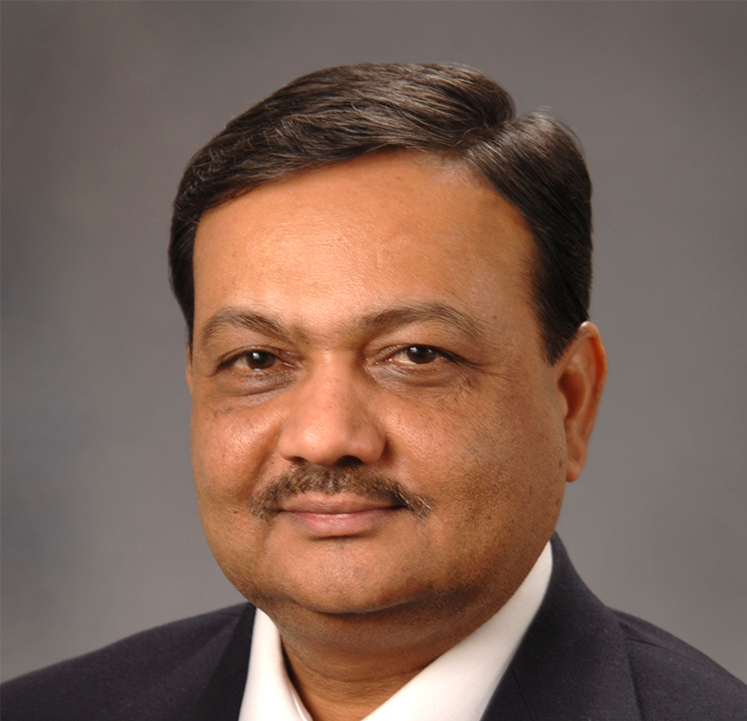Bioengineering, Technology and Surgical Sciences Study Section – BTSS

The Bioengineering, Technology, and Surgical Sciences (BTSS) Study Section reviews grant applications in the interdisciplinary fields of surgery and bioengineering to develop innovative medical instruments, materials, processes, implants, and devices to diagnosis and treat surgical related disease and injury. Within BTSS there is a balance between basic, translational, and clinical research and application and development of emerging cross-cutting technologies relevant to surgical systems.
The List of Reviewers lists all present, whether standing members or temporary, to provide the full scope of expertise present on that date. Lists are posted 30 days before the meeting and are tentative, pending any last minute changes.
Review Dates
Topics
- Design, development, and evaluation of surgical devices using animal models and human studies, including endo-surgical procedures, catheter-based surgery, minimally invasive surgery, microsurgical procedures, and robotics.
- Regenerative medicine and wound healing, including the development of advanced tools and techniques, in the design, construction, and function of cellular and tissue-engineered constructs for surgical based interventions
- Computational and mathematical modeling or simulations related to surgical interventions
- Translational or clinical evaluation of point of care implantable or wearable physiological monitoring and measurement devices in the context of surgical interventions
Shared Interests and Overlaps
BTSS and Surgery, Anesthesiology and Trauma Study Section [SAT] have shared interests in surgery. Applications related to cardiac surgery are reviewed in the BTSS. Applications of surgery related to other organs for example, lung transplantation, are typically reviewed in the SAT. However, they are reviewed in the BTSS if they have an engineering or robotic technology aspect.
There are shared interests in engineering of cellular and tissue constructs/scaffolds, stem cell-based regeneration, implantable devices for drug delivery and nanotherapeutics, biosensors, MEMS devices, microarray with Bioengineering and Tissue Engineering for Neuroscience (BTEN). Applications that emphasize utilize other (non-neuro) tissue types are reviewed in BTSS. Applications that emphasize working with neural or ocular cells/tissues or in the contexts of nervous or visual system function/repair are reviewed in BTEN in addition to applications that focus on neurosurgical robotics, neurovascular fluid dynamics, and brain aneurysm or hydrocephalic stent design.
BTSS and Integrative Vascular Physiology and Pathology Study Section [IVPP] have shared interests in the areas of cardiovascular regulation. Applications which focus on microcirculatory biophysics and bioengineering including mechanotransduction, fluid dynamics and mechanics, computational modeling and engineering, and structural adaptation and remodeling of the vascular system in hypertension and blood pressure regulation are appropriate for IVPP. Applications which focus on cardiovascular surgery are assigned to BTSS.
There are shared interests with Clinical Integrative Cardiovascular and Hematological Sciences Study Section [CCHS] in the areas of the cardiovascular system. Applications which focus on clinical, population, or translational studies of the responses of the cardiovascular system to trauma or surgery: arrhythmias associated with cardiac surgery or cardiopulmonary bypass, cardiac sudden death, resuscitation, stenting, pacemakers; cardiovascular injury and repair, and myocardial ischemia/reperfusion injury are appropriate for CCHS. Applications which focus on aspects of cardiovascular surgery are assigned to BTSS.
There are shared interests with Musculoskeletal Tissue Engineering Study Section [MTE] in the investigation of scaffolds and materials for tissue engineering and wound repair. Grant applications that focus on tissue engineering constructs for surgery based interventions may be assigned to BTSS. Applications that focus on scaffolds and materials to repair of damaged musculoskeletal tissues may be assigned to MTE.
There are shared interests with Musculoskeletal Rehabilitation Sciences Study Section [MRS]. Surgical Robotics are assigned to BTSS and rehabilitative therapeutic and robotic interventions of the musculoskeletal system are assigned to MRS.
There are shared interests with Instrumentation and Systems Development Study Section [ISD] in instrumentation, micro devices, and microfluidics. Applications that have a substantial engineering or hardware component development are typically assigned to ISD. Applications that focus on testing medical devices for a translational or clinical application in the context of surgery, are typically assigned to BTSS.
There are shared interests with Biomaterials and Biointerfaces Study Section [BMBI] in the areas of tissue engineering, nanoparticle and drug delivery, and biosensor evaluation. Applications which focus on the theory, principles, design, and synthesis of biomaterials as well as characterization of new or existing materials are appropriate for BMBI. Applications which focus on these topics for a translational or clinical application in the context of surgery, are typically assigned to BTSS.
There are shared interests with Modeling and Analysis of Biological Systems Study Section [MABS] in the areas of computer modelling and simulations. Applications which focus on these areas to understand the complexity of biological systems from the molecular to the organ level are appropriate for MABS. Applications which focus on these areas from the organ system level and higher in the context of surgery, are typically assigned to BTSS.
BTSS, Clinical Informatics and Digital Health [CIDH], and ISD have shared interests in the areas of wearable physiological monitoring and measurement devices. Applications that emphasize the development of mHealth platforms, integrating biosensor devices with software/App development and sensor data analysis to help with clinical decisions (e.g. monitoring, interactive communication, patient self-care etc.) are reviewed in CIDH. Applications that emphasize translational or clinical evaluation of wearable physiological monitoring and measurement devices in the context of surgical interventions are reviewed in BTSS. Applications that emphasize substantial engineering or hardware component development are reviewed in ISD.
BTSS and Basic Biology of Blood, Heart, and Vasculature Study Section [BBHV] have shared interests regenerative medicine. Applications that emphasize regenerative medicine and wound healing, including the development of advanced tools and techniques, in the design, construction, and function of cellular and tissue-engineered constructs for surgical based interventions will be reviewed in BTSS. Applications that emphasize hematopoietic stem and progenitor cells in hematopoiesis, transplantation, homing, migration, and gene therapy will be reviewed in BBHV.

